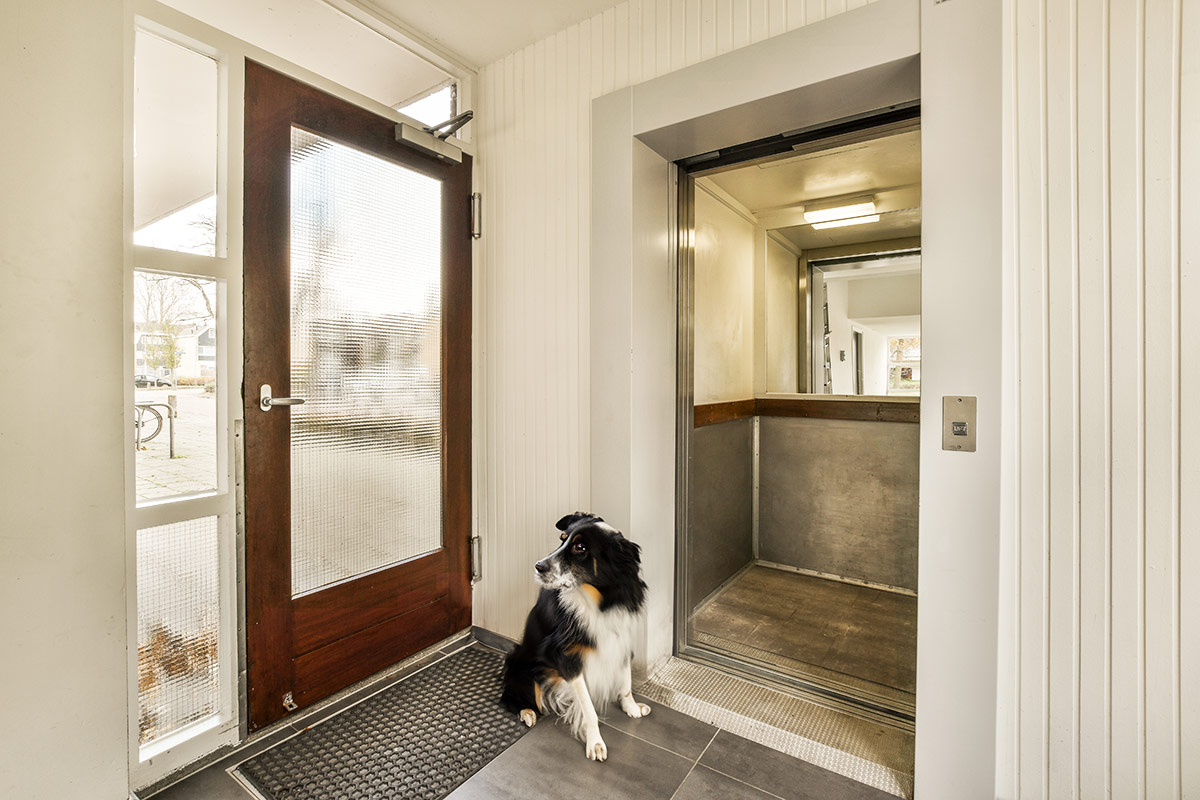The cost of installing a residential elevator can vary widely depending on several factors, including the type of elevator, the size and layout of your home, the number of floors, any customization or special features, and local labor rates. Here are some factors to consider when estimating residential elevator costs:
Elevator Installation Costs 2023
Chairlift Installation Costs 2023
The cost of installing a residential elevator can vary widely depending on several factors, including the type of elevator, the size and layout of your home, the number of floors, any customization or special features, and local labor rates. Here are some factors to consider when estimating residential elevator costs:
1. Type of Elevator:
- Traditional Hydraulic Elevator: These elevators use a hydraulic system to move the car between floors. They are typically more expensive to install but may be more suitable for larger homes or buildings with higher traffic.
- Traction Drive Elevator: These elevators use a counterweight system and are typically more energy-efficient and require less maintenance than hydraulic elevators. They may be a more cost-effective option for smaller homes or residences with fewer floors.
2. Size and Capacity:
- Car Size: Larger elevator cars with higher weight capacities will generally cost more to install.
- Number of Stops: The number of floors your elevator will serve will impact the overall cost. Each additional stop requires more equipment and labor.
3. Construction and Installation:
- New Construction vs. Retrofit: Installing an elevator in an existing home may require modifications to the structure and may be more labor-intensive compared to installing one during new construction.
- Space Requirements: Depending on the layout of your home, additional space may be needed for the elevator shaft and machine room, which can impact installation costs.
4. Customization and Features:
- Finishes: Custom finishes and materials for the elevator cab, such as hardwood floors, glass walls, or decorative lighting, will increase costs.
- Safety Features: Additional safety features, such as emergency brakes, interlocks, and backup power systems, may add to the overall cost but are essential for ensuring the safety of occupants.
5. Maintenance and Operating Costs:
- Maintenance Contracts: Budget for ongoing maintenance costs, which can vary depending on the type of elevator and service provider.
- Energy Efficiency: Consider the long-term operating costs, including energy usage and efficiency, when selecting an elevator model.
Cost Estimates:
- Average Range: Residential elevator installation costs can range from $20,000 to $100,000 or more, depending on the factors mentioned above and the specific requirements of your home.
- Specific Factors: For example, a standard hydraulic elevator with basic finishes and serving two floors may cost around $30,000 to $50,000, while a custom-designed traction drive elevator serving multiple floors with premium finishes may cost $80,000 to $100,000 or more.
Additional Considerations:
- Permits and Regulations: Factor in costs for obtaining permits and ensuring compliance with local building codes and regulations.
- Consultation and Design: Consider consulting with an experienced elevator contractor or architect during the design phase to ensure the elevator meets your needs and fits seamlessly into your home.
For an accurate estimate, it’s recommended to consult with several reputable elevator companies or contractors in your area, who can assess your home’s specific requirements, provide recommendations, and offer detailed cost estimates based on your preferences and the factors mentioned above.

